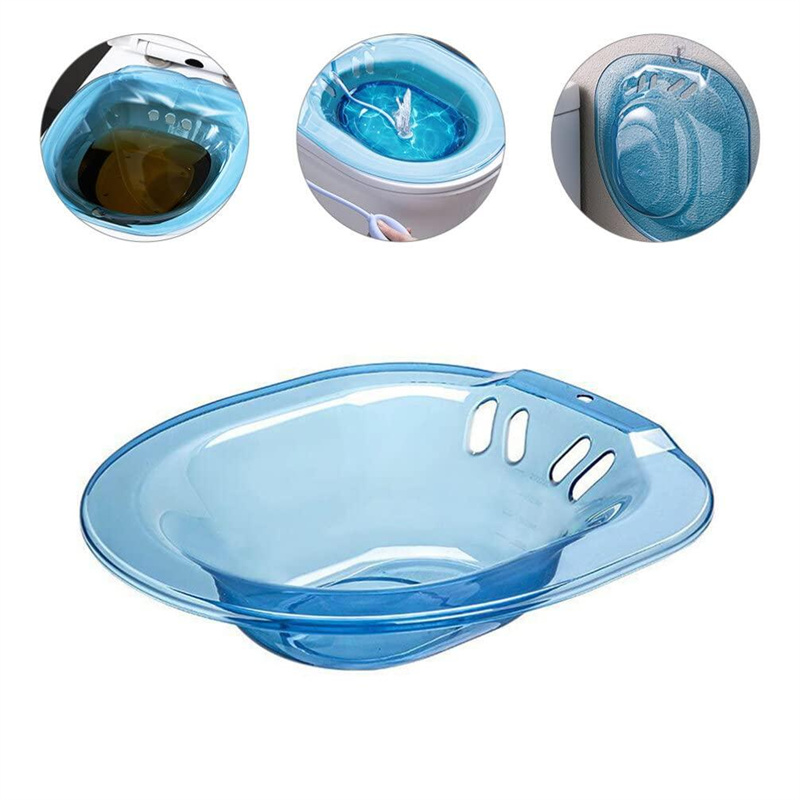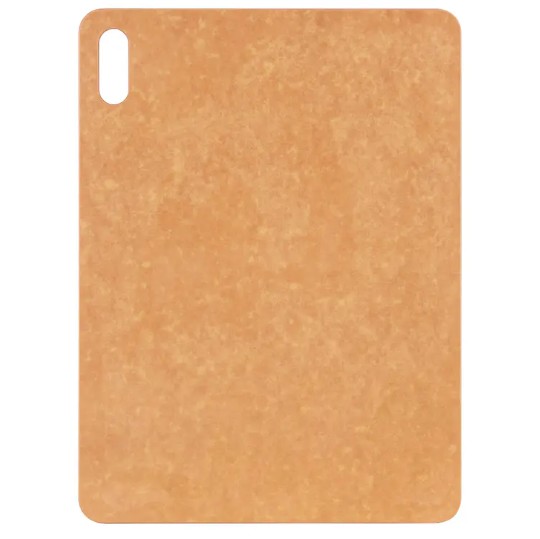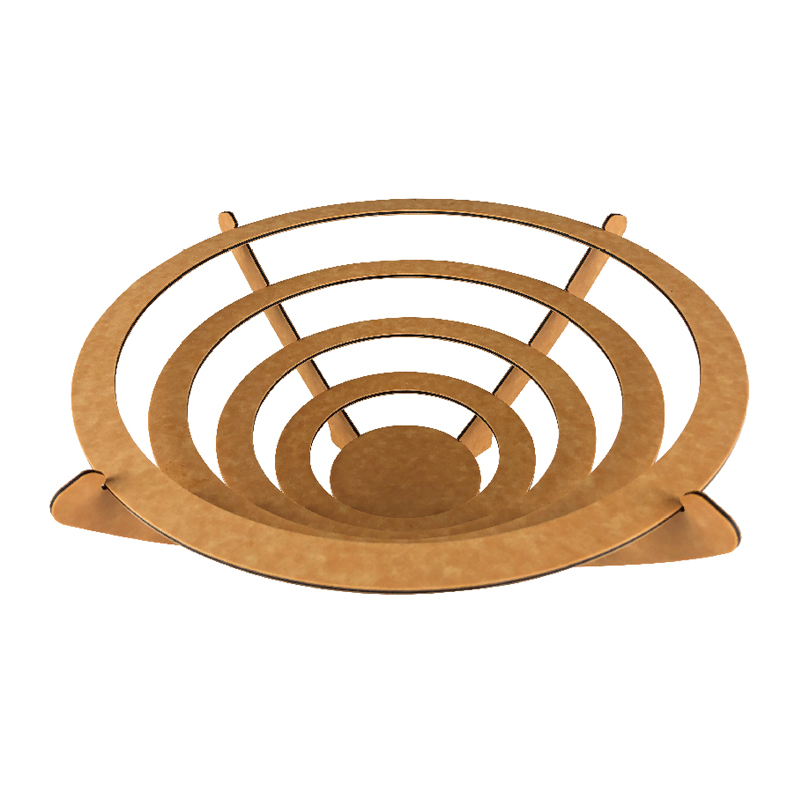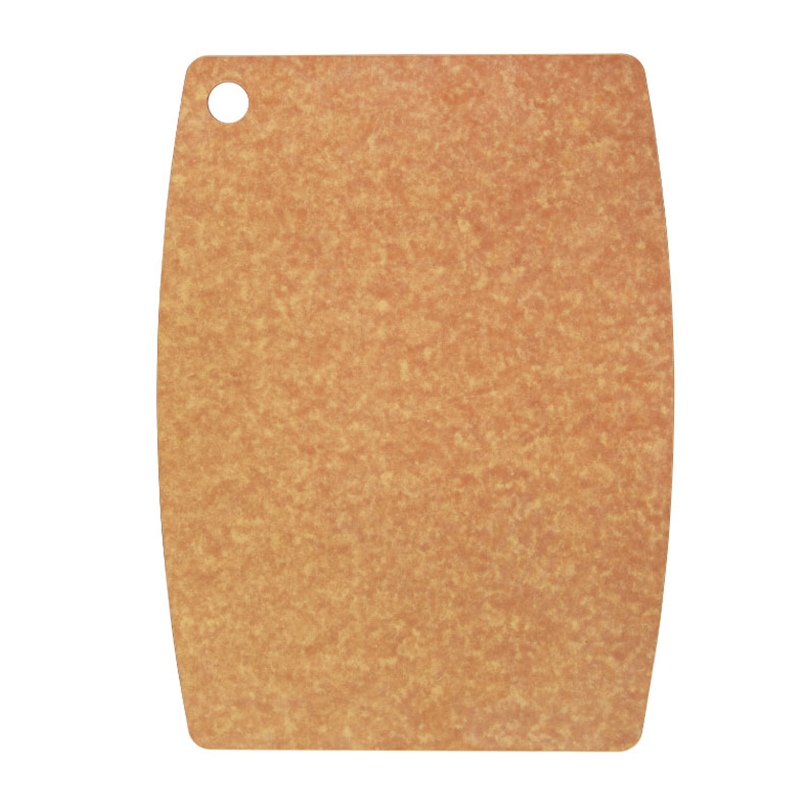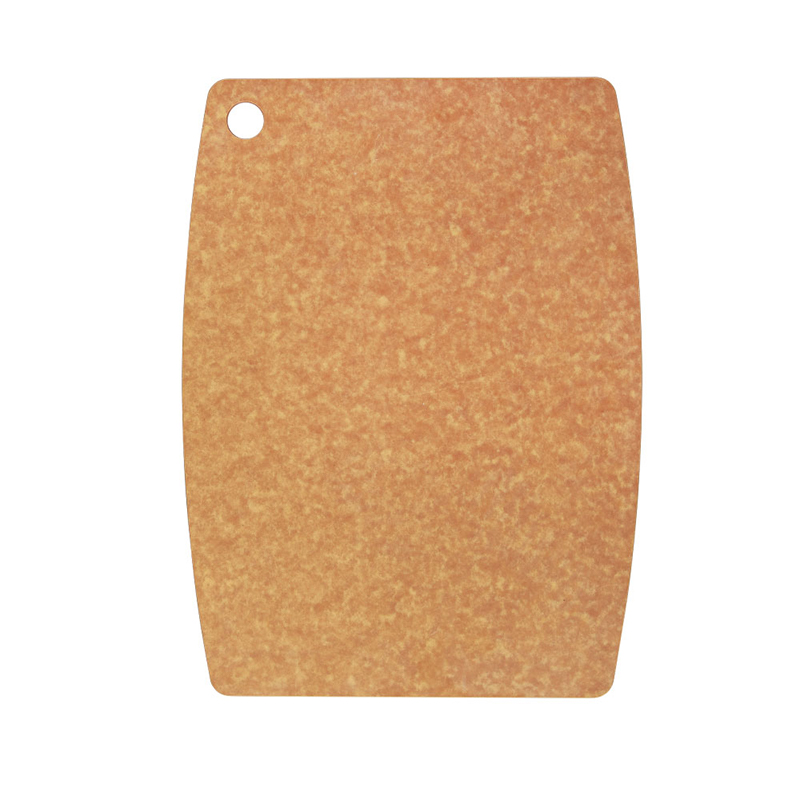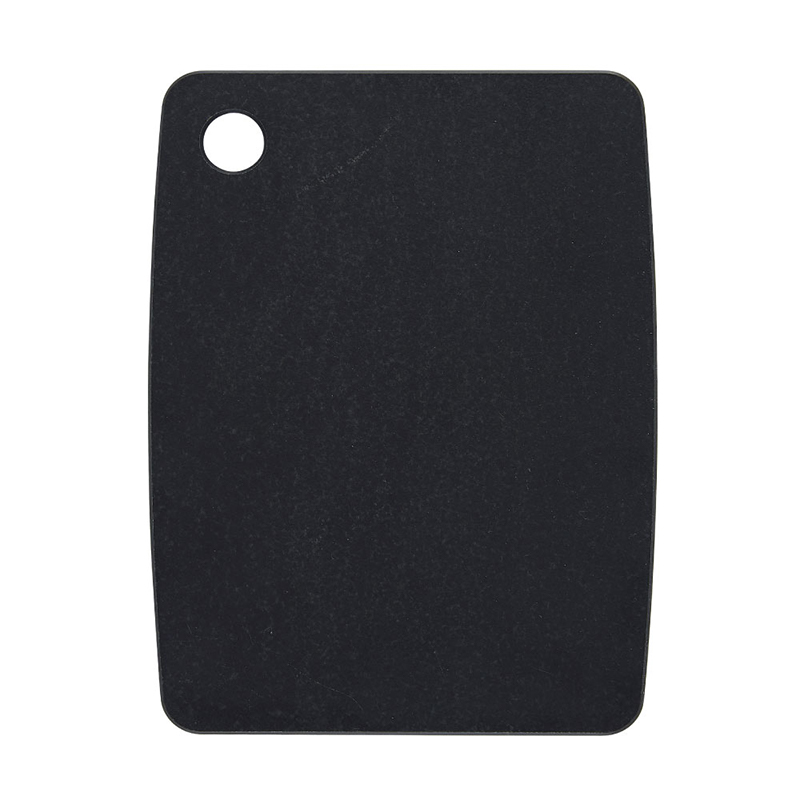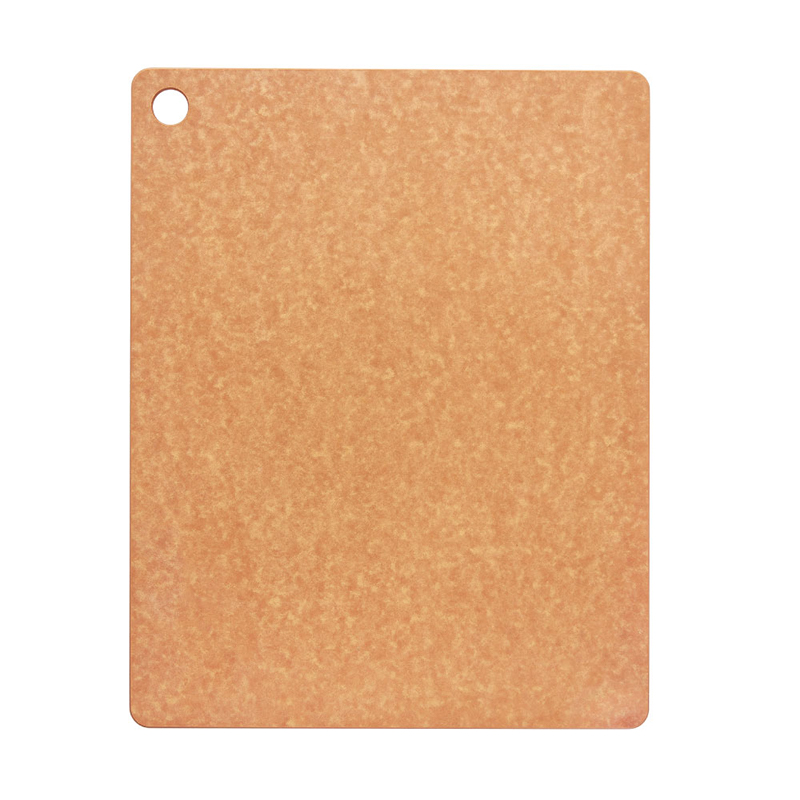-
How do RPET Cup Manufacturers ensure the quality and safety of their products?
Sale Cheap Custom RPET Cups Suppliers Manufacturers
Ensuring the quality and safety of RPET (Recycled Polyethylene Terephthalate) cups is essential for RPET cup manufacturers to maintain customer satisfaction, comply with regulations, and uphold their reputation in the market.
RPET cup manufacturers source high-quality recycled PET material from reputable suppliers. The recycled PET material undergoes rigorous testing and certification to ensure it meets safety and quality standards. Manufacturers carefully select materials free from contaminants, toxins, and impurities that could compromise product safety.
RPET cup manufacturers adhere to relevant regulations and standards governing food contact materials, packaging, and recycling. Regulations such as FDA (Food and Drug Administration) regulations in the United States and EU directives in Europe set strict requirements for materials used in food packaging to ensure consumer safety.
Manufacturers implement comprehensive quality control procedures throughout the production process to monitor and maintain product quality. Quality control checks are conducted at various stages, including material inspection, production, and finished product inspection. Visual inspection, dimensional measurement, and performance testing are performed to identify defects or deviations from specifications.
Manufacturers conduct audits of material suppliers to evaluate their manufacturing processes, quality management systems, and compliance with regulatory requirements. Suppliers are required to provide certification demonstrating adherence to quality and safety standards. Regular supplier audits ensure consistency and reliability in the supply chain.
Manufacturers continuously optimize their production processes to improve efficiency, consistency, and product quality. Process parameters such as temperature, pressure, and cycle time are monitored and controlled to ensure uniformity and repeatability in product manufacturing. Automation and technology advancements may be employed to streamline production and small errors.
Raw materials, including recycled PET flakes or pellets, undergo thorough testing for physical, chemical, and mechanical properties. Testing may include analysis for contaminants, purity, molecular structure, melt flow index, and thermal stability. Only materials that meet specified criteria are approved for use in manufacturing.
Manufacturers design molds for RPET cups with precision and durability to ensure consistent product quality. Mold maintenance programs are implemented to prevent wear, corrosion, and damage to molds over time. Regular cleaning, inspection, and repair of molds help maintain dimensional accuracy and surface finish of molded cups.
Finished RPET cups undergo extensive testing and validation to verify compliance with safety, performance, and quality standards. Testing may include assessments for physical properties, chemical composition, leachability, migration of substances, and microbiological safety. Third-party testing by accredited laboratories provides independent verification of product safety and quality.
Manufacturers maintain detailed records and documentation of raw materials, production processes, quality control measures, and testing results. Traceability systems enable manufacturers to track and trace each batch of products from raw materials to finished goods. Documentation ensures transparency and accountability in product manufacturing.
Manufacturers provide comprehensive training and certification programs for employees involved in the production, quality control, and testing of RPET cups. Training covers topics such as product safety, quality standards, regulatory compliance, and proper handling of materials and equipment. Certified employees are equipped with the knowledge and skills to perform their roles effectively and responsibly.
Manufacturers foster a culture of continuous improvement by soliciting feedback, analyzing performance data, and implementing corrective actions. Continuous improvement initiatives aim to enhance product quality, optimize processes, reduce waste, and meet evolving customer needs and expectations.

 日本語
日本語 English
English 中文简体
中文简体